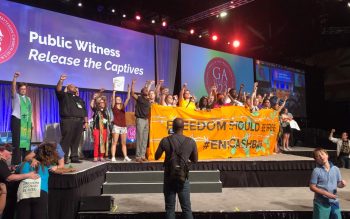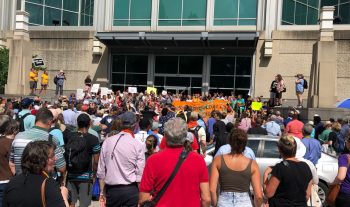Decisions are made by those that show up
September 12th, 2018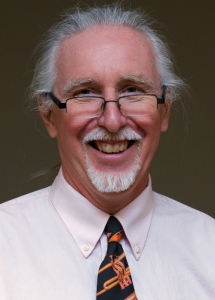 By Bob Hulteen
By Bob Hulteen
Two of my colleagues jokingly challenged me to work a clip from The West Wing into my next staff devotions. I would say that they know me so well but, in all honesty, you probably only have to know me for about 10 minutes to know of my addiction to this TV series.
In fact, the only thing on my bucket list (thus far) is taking a week’s vacation before the next presidential election to live Tweet a season of The West Wing each day. (I think I could get about four hours of sleep, a shower, six bathroom breaks, and one meal preparation in daily and still watch all of a year’s episodes.) Who’s with me?
Of course, the headline to this post is one of character C.J. Cregg’s famous lines from the series (season 4, episode 3, to be exact). I’ve been reflecting on that a lot lately, as C.J. was talking about young people having an impact through participation in the process.
“In fact, the only thing on my bucket list is taking a week’s vacation before the next presidential election to live Tweet a season of The West Wing each day.”
I have received an upswing in calls, voice mails, and emails lately about the role of the church in policy discussions. Most callers have expressed appreciation for the church’s commitment to stand with vulnerable people (especially from young people saying they would attend church more often if it was more courageous or saying they wouldn’t be able to stay in church if it wasn’t). A handful of callers have expressed concern over their perception of the church’s involvement in politics.
With “election season” jumping into full-on frontal attack as we turn the calendar page to September, it is valuable to ponder how the church can appropriately participate in “social issues” as they come into clear focus during this heightened time of politics.
OF COURSE, WHAT IS one person’s “politics” is another person’s “faith.” I cannot fathom my faith commitment separate from love of my neighbor in society. Of course, that doesn’t prescribe a particular policy as a “Christian” policy. We have to discern more deeply than that.
Out of fear for crossing a line into the political, many faithful people draw a line at charity. We can give of our time or our resources directly to someone in need – perhaps at a food pantry or a shelter for people experiencing homelessness. We can carry energy bars to hand out to people with cardboard signs at highway exits.
“Out of fear for crossing a line into the political, many faithful people draw a line at charity.”
Personally, I feel the need to engage public policy as well, as part of my Christian commitment. I am not against meeting the immediate need of people who are hungry. But, I’d rather not have them hungry in the first place. I’d rather seek public policy solutions that don’t demand that my charitable obligation be direct. (For me, taxes are a means to build a just society that meets people’s needs, hopefully before those needs are dire.)
This can be a hard message for some, preferring the comfort of charitable frameworks over the messiness of the political. And yet, the words of C.J. Cregg still ring in my ears when I look at people of faith daring to journey into the unknown, into the difficult discernment of acting in the political realm. “Decisions are made by those who show up.”

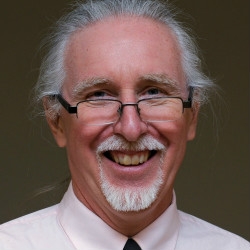
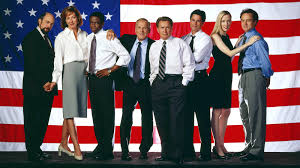
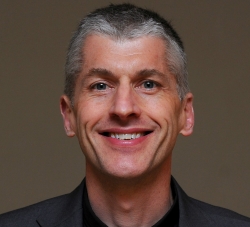
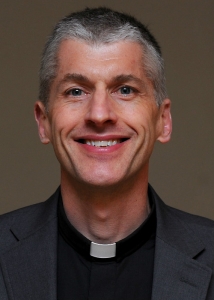 By Pr. Craig Pederson
By Pr. Craig Pederson 
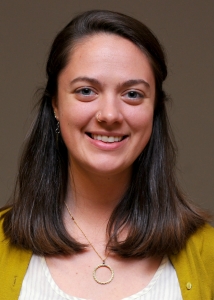 By Emilie Bouvier
By Emilie Bouvier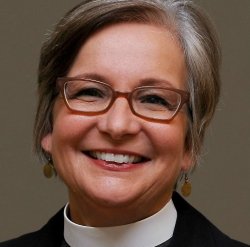
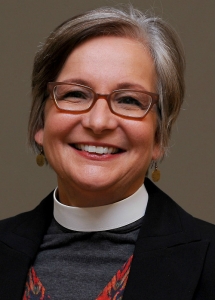 By Pr. Deb Stehlin
By Pr. Deb Stehlin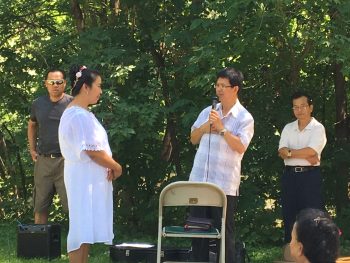
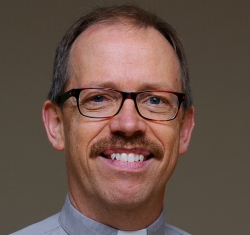
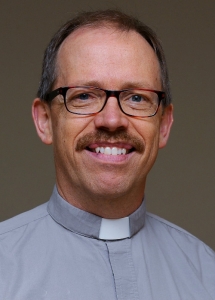 By Pr. John Hulden
By Pr. John Hulden 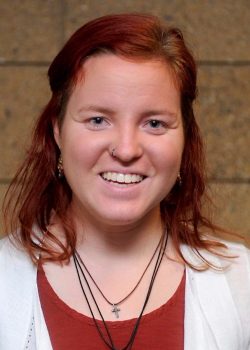
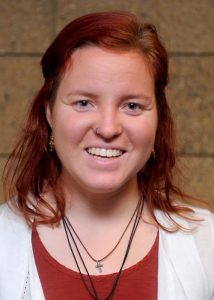 By Grace Corbin
By Grace Corbin